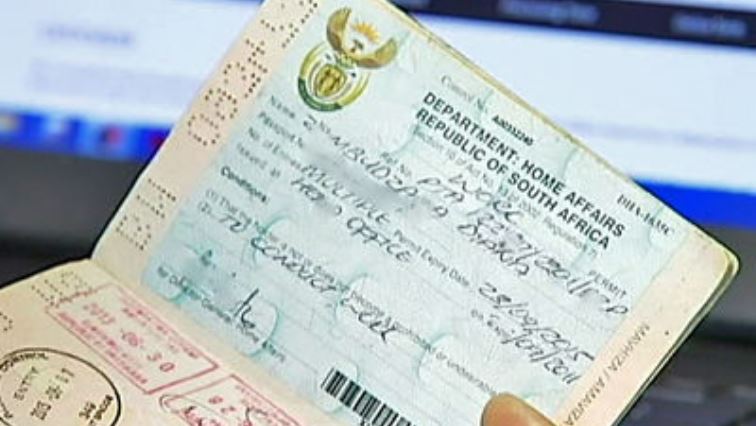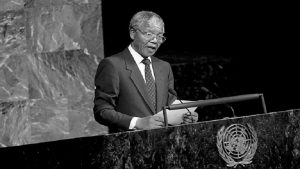By Sya van der Walt-Potgieter
Imagine having spent more than a decade in a country, establishing roots, only having to return to your homeland from which you have fled many years before. This is the fate awaiting almost 200 000 Zimbabwean Exemption Permit (ZEP) holders residing in South Africa. They have until December to apply for mainstream visas or else face expulsion from the country.
In November 2021, Home Affairs Minister Dr Aaron Motsoaledi decided not to renew the permits and gave holders a grace period of 12 months to get their paperwork in order. In January this year, Cabinet announced that the arrangement would be terminated by December and that permit holders should apply for a visa to remain in South Africa on the basis of a list of critical skills.
But it seems as if only a fraction of the 178 000 ZEP holders had taken the opportunity to make representations to Home Affairs. In court papers, Home Affairs director-general, Livhuwani Tommy Makhode, revealed that in the six-month period since the minister’s decision, only 6000 permit holders or 4% had applied for visas.
What could have deterred these permit holders to apply for visas? Financial constraints and hard-to-meet criteria for alternative permits are possibly preventing many from applying and facing never being able to return to a country they have called home for many years.
- Visa applications are R1750 per visa, plus an additional R800 for the SA Police Service clearance certificate. Then there are also medical and radiological reports.
- In addition, they also require a Zimbabwean police clearance certificate and a Zimbabwean passport, which will be valid for many months after the expiry of the visa that they are applying for.
- Each family member, including minor children, who reside in South Africa, must file an application, meaning costs are multiplied depending on the size of the families
A number of organisations, including the Helen Suzman Foundation, have taken up the battle axe to fight Home Affairs’ decision. In June, the Foundation said it would haul the government to court for discontinuing the permits, arguing the decision would turn ZEP holders into undocumented migrants. The Foundation said the truth of the matter is that affected Zimbabweans would face similar conditions to what led them to flee from their home countries in the first place.
Since 2005, an estimated 1 million to 1.5 million Zimbabweans have fled across the border into South Africa, a regional powerhouse; and Africa’s most industrialised economy. They have run from persecution, for the majority in the form of targeted, mass, forced evictions destroying homes and livelihoods, and from economic destitution as the Zimbabwean economy collapsed. Many were also refugees fleeing the brutal crackdown on political opponents of President Robert Mugabe in the aftermath of the March 2008 Zimbabwean elections.
In 2009, the South African government introduced a Dispensation of Zimbabwean Permit (DZP) to legalise the many Zimbabweans already inside the country because of the political and socio-economic situation in Zimbabwe. Zimbabweans who until then had applied for asylum were encouraged to apply for a DZP.
When applying, their asylum documents were retained by the Department of Home Affairs. About 295 000 Zimbabweans applied for the permit. Just over 245 000 permits were issued, with the balance being denied due to a lack of passports or non-fulfilment of other requirements. The permits were valid for four years.
In 2014, the DZP was renamed the Zimbabwe Special Permit (ZSP); and then in 2017 renamed the Zimbabwean Exemption Permit (ZEP). About 182 000 Zimbabweans applied for the ZEP permit when the application process started on 15 September 2017.
Should these ZEP holders return to their home country, they face a bleak future. While Mugabe’s reign ended upon his death in September 2019 in Singapore of cancer, not much has changed in that country from a socio-economic point of view.
New elections are scheduled for 2023, but already the potential fairness of them is being questioned. The military still holds sway in ZANU-PF, and there have been moves to sideline members of the MDC leadership in favour of a ‘more compliant’ opposition.
For now, Zimbabweans in South Africa are hoping that the courts will rule in their favour, throwing them a lifeline to continue to reside in what they term ‘the land of milk and honey’ compared to that which they face.
Some Zimbabweans residing in SA say they are here to stay:






